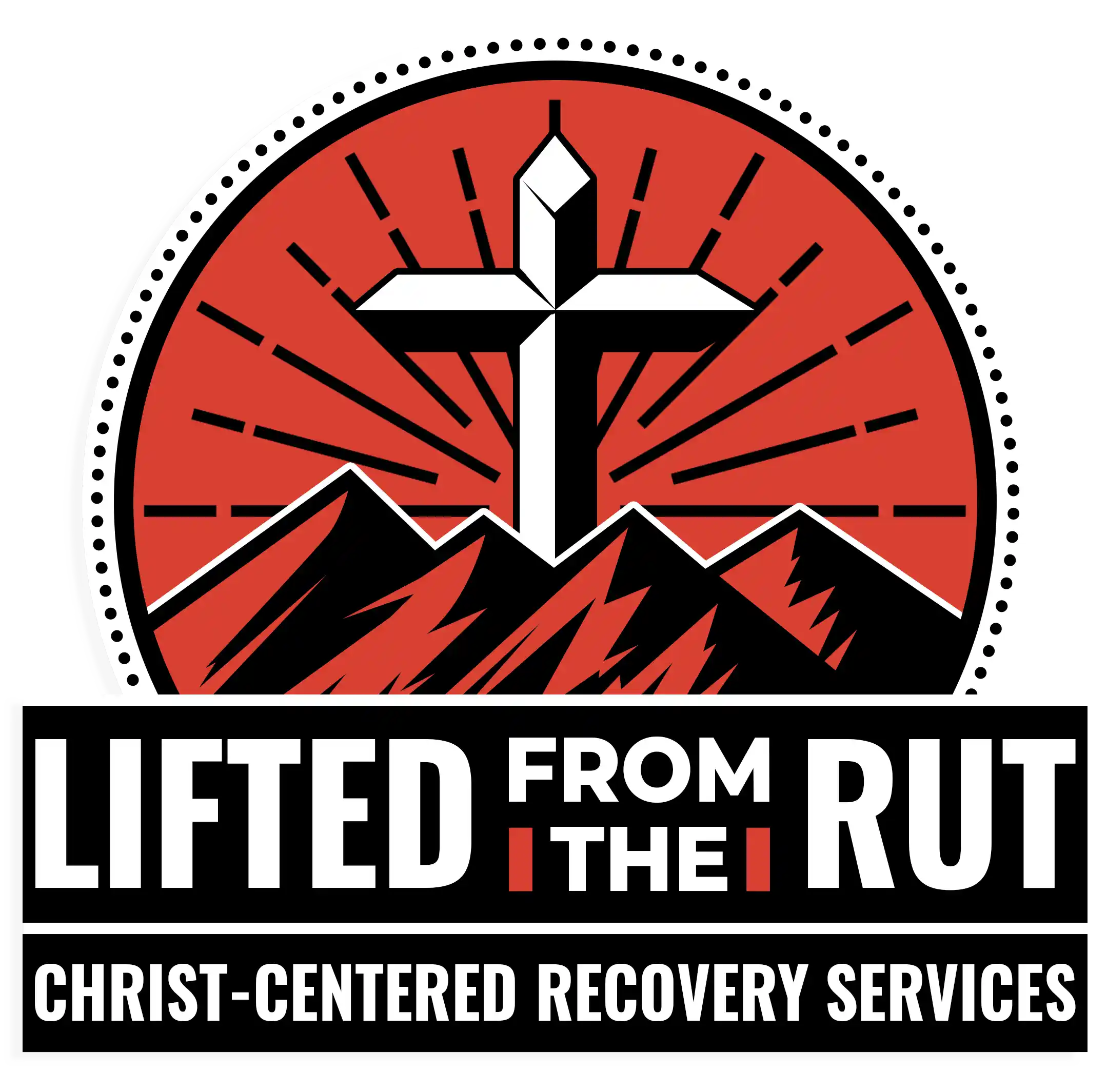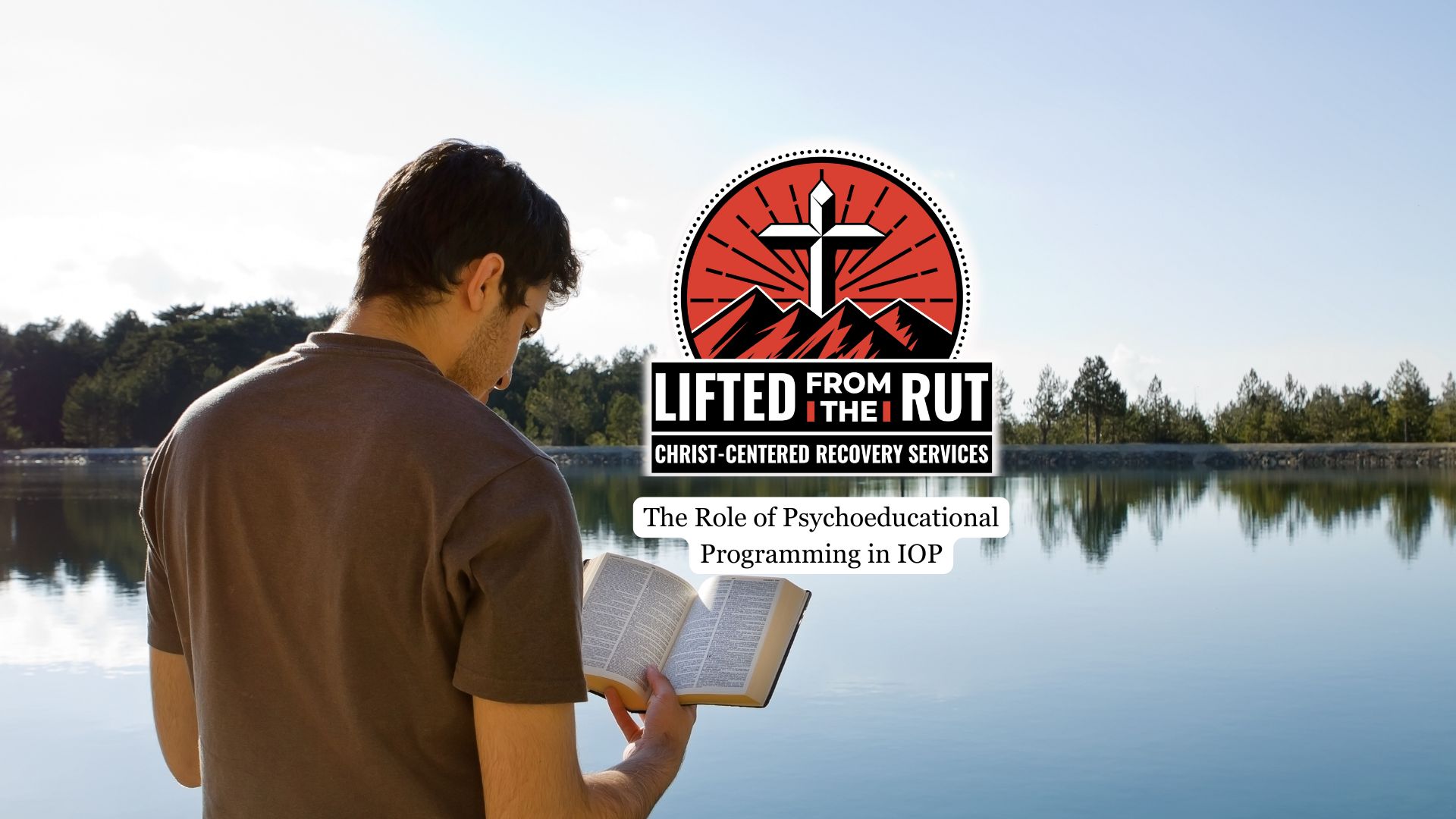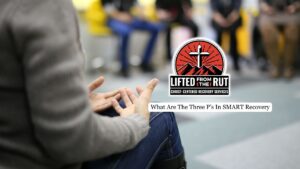Intensive Outpatient Programs (IOPs) offer structured support for those facing substance use and mental health challenges, while allowing them to continue their day-to-day lives. A key component of these treatment programs is psychoeducational programming, which blends education and therapy to help participants understand their condition and develop practical coping strategies for long-term recovery.
In this article, we explore the essential role of psychoeducational programming within IOP settings. We discuss its main components, the ways it supports recovery, and the benefits it offers for sustained success beyond treatment.
What Is Psychoeducational Programming in IOP?
Psychoeducational programming in IOP combines educational content with therapeutic engagement to deepen understanding of addiction, mental health, and recovery. These sessions go beyond talk therapy by equipping individuals with practical skills to manage symptoms, reduce relapse risk, and navigate life challenges more confidently. Through structured learning and group interaction, participants build self-awareness, strengthen motivation, and make informed, healthier choices.
IOP offers the balance of structure and flexibility, ideal for individuals needing more intensive support than standard outpatient care but without requiring residential treatment. By incorporating both clinical and spiritual components, an intensive outpatient program with psychoeducational programming helps individuals reclaim their lives while maintaining work, family, or school commitments.
Components of Psychoeducational Programming
Typical psychoeducational programming in IOP includes educational workshops covering the nature and effects of addiction and substance use disorders, co-occurring mental health issues like anxiety and depression, and the neuroscience behind addiction. Participants learn about relapse triggers, stress management, and self-care methods. Skills training is a key part, focusing on coping with cravings, emotional regulation, communication skills, and problem-solving.
Mindfulness practices and relaxation techniques are often incorporated to improve emotional awareness and stress tolerance. Group discussions create peer support opportunities, allowing individuals to share experiences and reinforce learning. Regular assessments ensure the program adapts to each person’s progress and evolving needs.
Integrating Faith in Psychoeducational Programming
For many, addiction affects not only the body and mind but also the spirit. Integrating faith-based recovery principles into psychoeducational programming allows individuals to explore the role of spiritual growth and personal values in their healing journey. Whether through prayer, reflection, or faith-centered discussions, this approach can reinforce resilience, hope, and accountability—key pillars of sustainable recovery.

How Psychoeducational Programming Supports Recovery in IOP
Psychoeducational programming is a key component of Intensive Outpatient Programs (IOP), offering individuals essential knowledge about substance use, mental health, and recovery. By reducing stigma and fear, this approach encourages active participation and empowers participants to take ownership of their recovery journey. Through a combination of education and therapy, individuals gain the tools to recognize and manage withdrawal symptoms, cravings, and emotional distress, building practical skills for relapse prevention and emotional regulation.
Engaging in psychoeducation has been linked to better treatment retention and stronger coping abilities, contributing to fewer relapses and improved mental health management. The group format provides a supportive, structured environment where participants can apply what they learn, foster accountability, and build peer connections critical for long-term recovery. Additionally, involving family members in psychoeducation helps improve communication and strengthens support systems, reinforcing stability and recovery outside the clinical setting.
Integrating Psychoeducational Programming into IOP
In most IOP settings, psychoeducational sessions are scheduled alongside individual and group therapies, creating a multidisciplinary approach to treatment. Professionals, including therapists, educators, and medical staff, collaborate to deliver evidence-based materials tailored to the participant’s needs. Family education may be included to extend support beyond the individual.
Continuous assessment and feedback enable personalized adjustments to the programming, keeping it relevant and effective. This integration ensures that psychoeducational content complements other therapeutic interventions, providing a comprehensive framework for recovery.
Final Thoughts from LFTR Christian Rehab Services
Psychoeducational programming is a fundamental component of Intensive Outpatient Programs, bridging education and therapy to empower individuals in their recovery from substance use and mental health disorders. Through a combination of knowledge-building, skills training, and supportive group engagement, it enhances motivation, coping ability, and relapse prevention. Including psychoeducation within IOP offers a well-rounded, evidence-based pathway for sustained recovery and improved quality of life.
At LFTR Christ-Centered Rehab Services, our faith-based Intensive Outpatient Program in Littleton, CO blends clinical expertise with spiritual care to support individuals at every stage of recovery. The program includes psychoeducational programming and is customized to fit each person’s unique needs while allowing them to manage daily responsibilities. We focus on healing the whole person—spirit, soul, and body—offering compassionate, structured treatment grounded in both evidence and faith.





